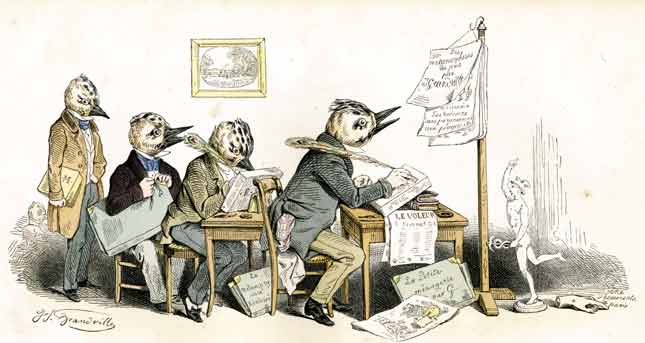I taught animal studies at University of Washington 2001–2011 through the Program on the Comparative History of Ideas (CHID) and undergraduate Honors Program. These courses grew out of my masters work in religious studies.
Writing Animals (2011)
Co-taught with Sarah Read, English
Syllabus: pdf
Course announcement: This course will explore how writers in a variety of genres from scientific articles to children’s books address the question of what connects us to and divides us from other animals, and the moral and psychological implications of our answers. We will read popular and technical science writing, fieldwork memoirs, food journalism, eco-philosophy, fiction, mythology, and art criticism, with particular attention to the uses and limitations of science in all these contexts. Students will choose one of the genres above as the focus of their writing and research for the quarter. We will also consider what it means to be writing animals, animals who write, ourselves: can we view academic discussion and the activity of writing as particular kinds of embodied, social primate behavior? Species considered in the course will include gorillas, ravens, whales, bears (grizzly, teddy), ants, professors, and goats.
Humans and Other Animals (2001–2007)
Syllabus: pdf
Course announcement: The last few hundred years of Western history have forced non-humans animals off much of their traditional range, both environmentally and psychologically. Animals now inhabit only the margins of our communities, our daily awareness, and our understanding of our own identity. This dispossession continues in spite of all we know from biology about the animal roots of human nature and the ecological ties that bind us. What would a rediscovery of these ties look like, though? Does the path lie through politics and the spirit—animal rights and vegetarianism, say—or through the flesh, as in the bloody intimacy of the family farm?
To address these questions, this class will navigate a path through both the sciences and the humanities: through criticism (Paul Shepard, Mary Midgley, Jean Baudrillard), first-hand reports by naturalists and scientists (Barry Lopez with a pod of beached whales in Oregon, Penny Patterson and Koko the gorilla, conversing in sign language), and fiction by John Berger and J. M. Coetzee. Students will be encouraged to experiment with all the genres we read in their own writing, and to refine their efforts, workshop-style, through conversation and peer review. We will also go on a field trip to the Woodland Park Zoo, and spend some time watching both the animals inside the cages and the ones looking in.
